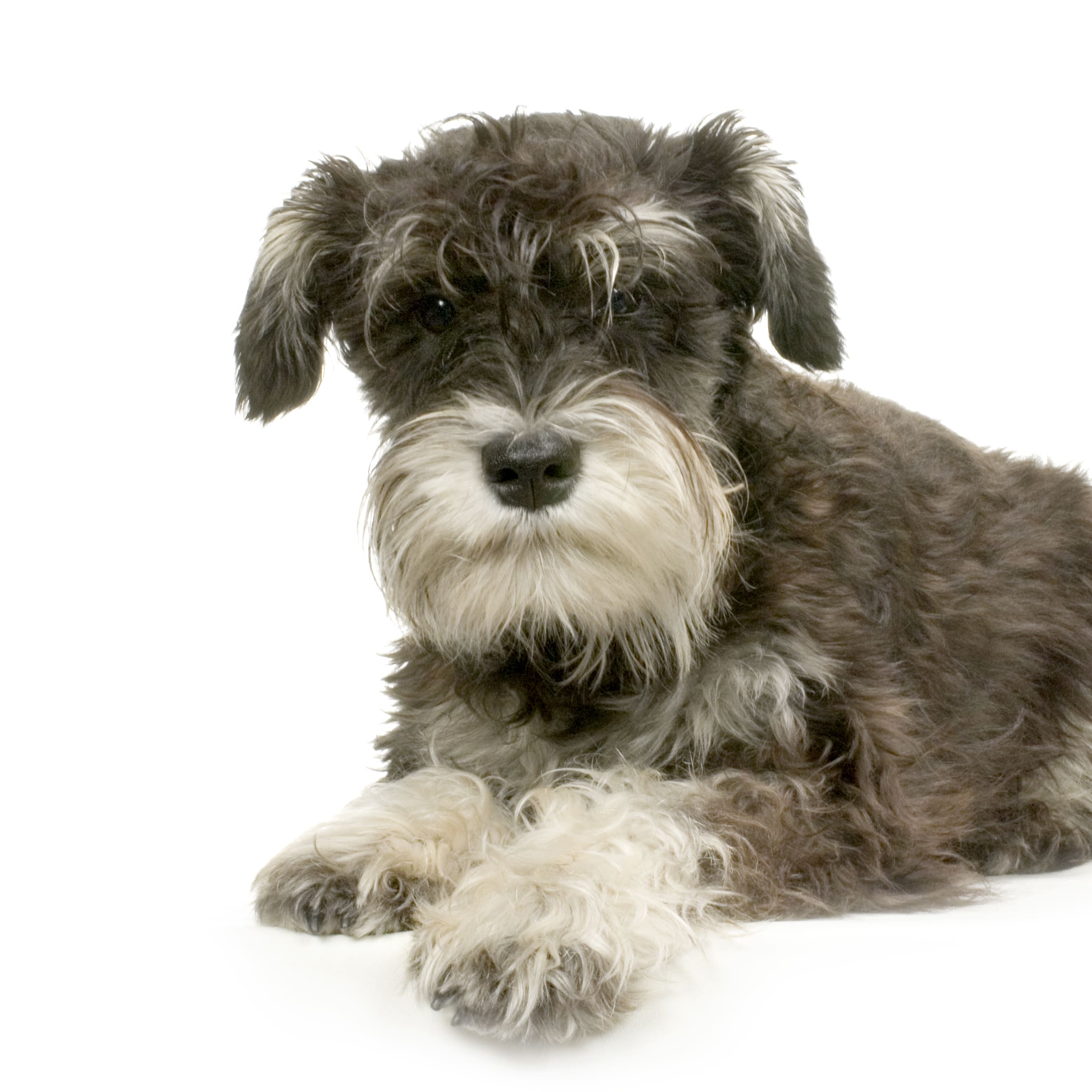As your pet dog enters its senior years, its body will naturally undergo changes that may affect its overall health, including its dental health. Oral diseases are a common issue in dogs, including those that are aging. They can lead to severe conditions, such as gum disease and tooth decay, if not properly taken care of. The good news is, with a gentle and regular dental care routine, you can help keep your senior dog’s teeth clean and healthy. This article will provide you with a detailed guide on how to effectively implement a teeth-cleaning routine for your senior dog.
Understanding the Importance of Dental Health for Senior Dogs
Before we dive into how to implement a teeth-cleaning routine, it’s essential to understand the importance of dental health in senior dogs. Oral health plays a critical role in a dog’s overall health and well-being. Just like humans, dogs can develop numerous dental diseases that can lead to severe health complications if left untreated.
Also read : What’s the Safest Way to Remove Fleas from Young Kittens?
Dental diseases in dogs often originate from plaque and tartar buildup. Plaque is a sticky, colorless film of bacteria that forms on the teeth and along the gum line. If this plaque isn’t regularly removed, it can harden into tartar, a deposit that clings to the teeth and can lead to gum disease.
For senior dogs, the risk of developing dental diseases is even higher due to age-related weakening of the immune system and changes in physical conditions. Therefore, ensuring your senior dog maintains good dental hygiene will help prevent the onset of dental diseases, contributing to a comfortable and healthy life during their golden years.
Also to read : How Do You Create a Balanced Raw Diet for a Cat with Food Sensitivities?
Starting a Regular Teeth Cleaning Routine
Now, let’s move on to the main part of this guide – starting a regular teeth cleaning routine for your senior dog. Implementing a teeth-cleaning routine isn’t necessarily complicated, but it does require consistency and patience.
Firstly, you will need a dog-toothbrush and dog-toothpaste. Human toothpaste can be harmful to dogs, so it’s crucial to use dog-friendly toothpaste. Brushing your dog’s teeth daily or at least a few times a week will help remove plaque before it can harden into tartar.
Remember, it’s essential to make teeth brushing a positive experience for your senior dog. Start slow, let your dog get used to the brush and toothpaste, and always offer praise and rewards. With time, your dog will get used to this routine, making it easier for both of you.
Introduce Dental Treats and Toys
Apart from regular brushing, you can also introduce dental treats and toys to your senior dog’s oral care routine. These treats and toys are designed to help clean your dog’s teeth as they chew on them, effectively removing plaque and tartar buildup.
However, remember that these are not a replacement for brushing. Instead, they should be used in conjunction with regular teeth brushing to ensure comprehensive oral care for your pet.
Dental treats and toys come in various sizes, shapes, and flavors. It’s critical to select the ones that are appropriate for your senior dog’s size, dietary needs, and preferences. Again, always monitor your dog while they are chewing on these treats or toys to prevent any choking hazards.
Regular Vet Check-ups
In addition to home care, regular vet check-ups are an integral part of your senior dog’s dental care routine. This is because some dental issues may not be visible or detectable without professional examination.
During these check-ups, the vet will perform a thorough examination of your dog’s mouth to detect any signs of dental disease. They may also recommend professional teeth cleaning, which is more comprehensive and effective than home brushing.
Making regular vet visits will not only help maintain your senior dog’s dental health but also allow for early detection and treatment of any potential health issues.
Adjusting the Dental Care Routine as Needed
Like humans, dogs are individuals, and what works for one may not work for another. Therefore, it’s important to continuously observe your senior dog and adjust the dental care routine as needed.
If your dog shows signs of discomfort or pain during brushing, it might be a sign of dental disease. In such cases, it’s crucial to consult with a vet and adjust the cleaning routine accordingly.
Similarly, if your dog isn’t receptive to brushing, you might need to try different approaches or products. For instance, you could try using a finger brush instead of a traditional brush or try a different flavor of toothpaste.
Remember, your ultimate goal is to ensure your senior dog’s comfort and health, so don’t hesitate to adjust the routine as needed to achieve this.
Maintaining a Balanced Diet for Dental Health
An often overlooked factor in maintaining your dog’s dental health is diet. Indeed, the food your dog consumes plays a significant role in oral health. Some foods can intensify plaque and tartar buildup, while others may help to keep your dog’s teeth clean.
Senior dogs have different dietary needs compared to younger dogs. They often require a balanced diet rich in protein, fiber, and other essential nutrients but low in fats and sugars. Diets high in sugar content can lead to faster plaque and tartar accumulation. Therefore, it’s important to consult with your vet or a pet nutritionist about a suitable diet for your senior dog.
In addition to their regular meals, consider incorporating dog dental chews into your pet’s diet. Dental chews are specifically designed to help clean a dog’s teeth as they chew them. They can effectively reduce plaque and tartar buildup, freshen your dog’s breath, and stimulate saliva production, which is beneficial for oral health.
However, keep in mind that just like dental treats and toys, dental chews are not a replacement for regular teeth brushing. They should be used in conjunction with a consistent teeth cleaning routine for optimum oral health.
Conclusion: Prioritizing Your Senior Dog’s Dental Health
Taking care of your senior dog’s dental health is not merely about avoiding bad breath or keeping their teeth white. It’s about ensuring their overall well-being. Remember, periodontal disease in dogs can lead to serious health complications if left untreated. With a gentle and regular teeth cleaning routine, you can help keep your senior dog’s teeth clean and healthy, ultimately contributing to their longevity and quality of life.
Implementing a teeth cleaning routine for your senior dog may require some time and patience initially. But once your dog gets used to it, the process will become much easier. With the right combination of regular teeth brushing, dental treats and toys, a balanced diet, and regular vet check-ups, you can help maintain your senior dog’s dental health and keep them happy and healthy in their golden years.
Remember, each dog is unique, and what works best for one might not work for another. Hence, it’s crucial to observe your dog and adjust the dental care routine as needed. If you notice any signs of dental disease or discomfort, consult with a vet immediately. Your senior dog’s dental health is in your hands, and with the right care, they can enjoy their golden years with a clean, healthy smile.
After all, dogs are not just pets; they are our family members. And as such, they deserve nothing but the best care we can provide, including top-notch dental care.











